The first complete performance of Wagner’s Ring cycle at the Proms is already, less than a week after its conclusion, being hailed as historic and will soon be mythic, an appropriate status and designation for this amazing and amazingly great work. Even Radio 3 ‘presenters’ who have music degrees but have always quailed at the thought of anything so daunting have breathlessly confessed that it was among the very greatest musical experiences of their lives. Some of us have been saying that for quite a time, without making much impression other than that we are the members of a weird and even sinister cult. Still, better late than never. Before I go into any detail about what was without a doubt one of the greatest Ring cycles I have ever experienced, I’d like to speculate on why it was this particular performance, or four performances, have had such an impact.
Partly it is that people will go to hear something at the Proms that they wouldn’t go to anywhere else, and that in turn is partly thanks to the cheapness of promming, but also, and probably more, to the sheer mystique of togetherness, perhaps like being a passionate attender at a soccer match without any opponents. There is an anti- or inverted snobbishness about the Proms which there isn’t about any other classical music events. And Prommers do love huge works, appropriate to the monstrous building they are performed in, hence enthusiasm for such white elephants as Mahler’s Eighth Symphony. Nothing is as big as the Ring, so though that doesn’t seem to be enough to get people to buy CDs or DVDs of it in large numbers, it was enough to lure capacity audiences into enduring gross discomfort, astronomical temperatures and severe disruption to their daily routines.
After wavering, I decided to listen in the coolish comfort of home, with a decent tuner and speakers conveying to me a great deal more musical ‘information’ than would have been likely in the Royal Albert Hall. To judge from the footsteps and movements of the voices, I missed a certain amount of semi-staging, and didn’t miss a considerable amount of Daniel Barenboim’s vocalisings, shushings, and so on; that all added to the atmosphere. And there is undeniable cameraderie in seeing the same people evening after evening and exchanging views and gossip, but I don’t think I could have concentrated so hard had I been there. And, to get to the point, I can’t imagine having a more intense experience of the whole cycle than I did. Above all that was thanks to Barenboim and his fabulously good Berlin Staatskapelle, heard to best advantage because they were not down in a pit, but in a position where they were able to convey an immense amount of detail without exaggeration.
Barenboim showed himself at last to be a supreme Wagner conductor. In the past I have been impressed by some of his Wagner, left cold on other occasions; I think he is an uneven artist, whether on the keyboard or the podium. Here he was clearly inspired, and managed what only his idol Furtwängler has otherwise achieved, to cast light on every passing phrase while maintaining the firmest grip on the mighty Ring architecture. In the intervals members of the audience who were interviewed expressed surprise at how short the Ring seemed: the consequence of incessantly expressive playing, and of immaculate enunciation on the part of almost all the singers. There were many moments of seeming spontaneity, where the conductor suddenly accelerated or underlined a phrase, without sounding mannered; that, combined with the precision of the playing, made for a whole cycle that was clearly a revelation, as any performance would have been, for newcomers, and also for the most fastidious Ring veterans.
As in all Ring performances, casting was uneven, but the all-round standard was extraordinarily high. There were three Wotans, not a good idea in theory, but it didn’t jar, and if Bryn Terfel was only available for Die Walküre, that was where he was most needed. His interpretation is immeasurably deeper than it was a few years ago, but he does occasionally lapse into over-emphasis and unconvincing hollowings out of the voice. His Brünnhilde was the unquestioned star of the whole thing, Nina Stemme in radiant voice from beginning to end, capping her account with an absolutely overwhelming final scene, where Barenboim was also supreme. Of the two Siegfrieds Lance Ryan in the eponymous drama was sometimes good, often less than that, and he tired. Andreas Schager, the new Siegfried in the forest, is extremely promising, and Götterdämmerung was, by some way, the most fully achieved part of the whole, earning the tribute of the Prommers’ 20 seconds of dead silence.
It’s unfair that I can’t pay passing tribute to the many other distinguished performances, but there were so many, and even the less adequate would have been welcomed in many cycles. I can only end on a depressing note for those who were newcomers: it’s highly unlikely that you will ever hear another cycle as fine as this one unless history goes into sharp reverse.
Got something to add? Join the discussion and comment below.
Get 10 issues for just $10
Subscribe to The Spectator Australia today for the next 10 magazine issues, plus full online access, for just $10.
You might disagree with half of it, but you’ll enjoy reading all of it. Try your first month for free, then just $2 a week for the remainder of your first year.

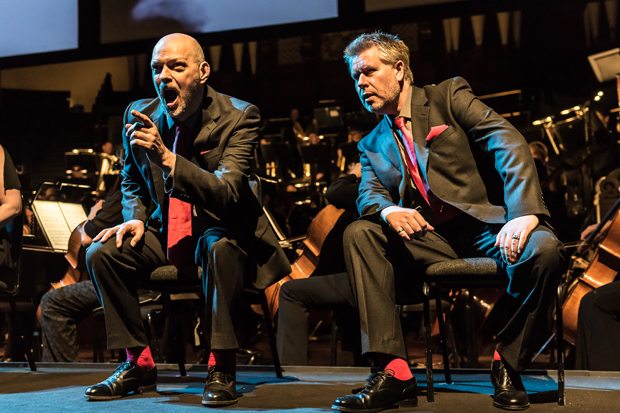
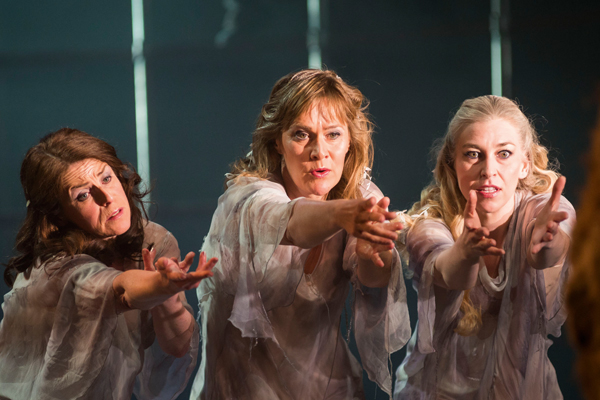
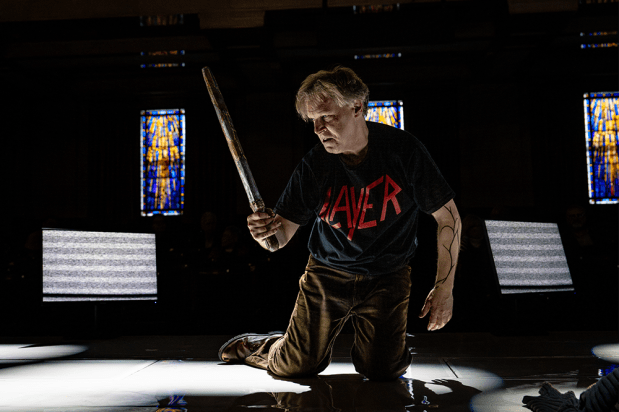

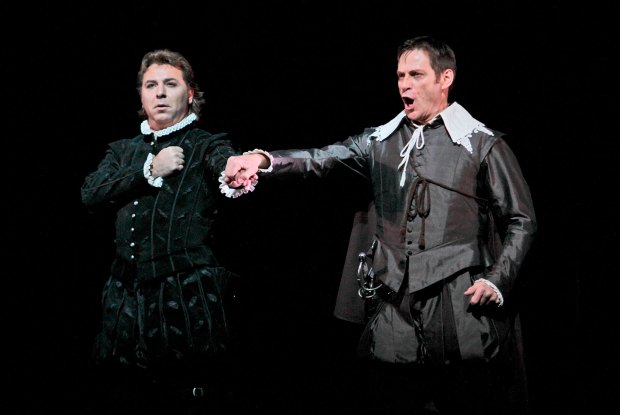
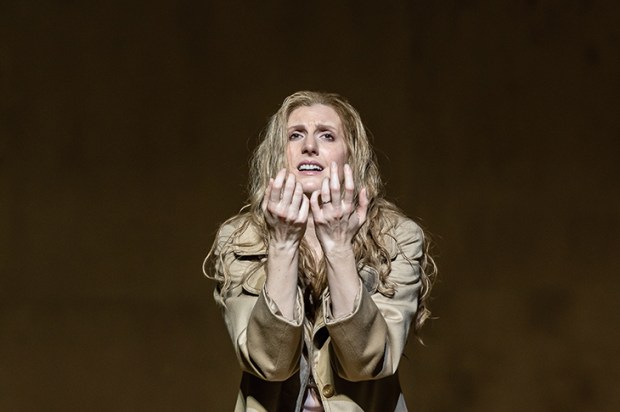






Comments
Don't miss out
Join the conversation with other Spectator Australia readers. Subscribe to leave a comment.
SUBSCRIBEAlready a subscriber? Log in